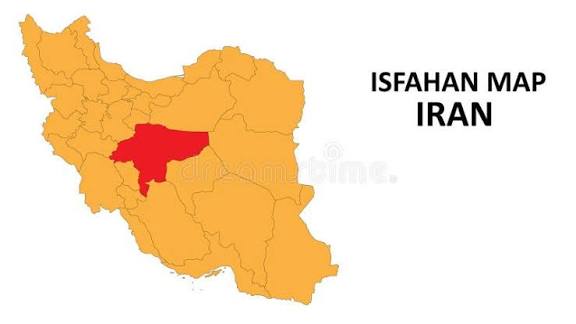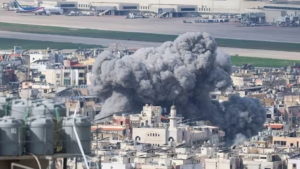GENEVA—Three judiciary officials in Isfahan province, Iran, have issued seizure orders against several local Baha’is who as a result face the imminent and catastrophic loss of productive assets including a pistachio farm. Isfahan’s Chief Justice Asadollah Jafari, Judge Morteza Barati, and Mehdi Bagheri, have made anti-Baha’i statements in the past and two of them are under European Union sanctions for human rights abuses.
“To rob citizens of their means of livelihood for which they have worked for decades, only because of their faith, is in plain terms, state-led theft,” said Simin Fahandej, a Representative of the Baha’i International Community to the United Nations in Geneva. “For a government to allow itself to unlawfully take the means of livelihood from individuals for their faith is, fundamentally, to rob them. Added to this are the wider economic pressures faced by all Iranians, making this nothing short of an effort to strangulate and impoverish the entire Baha’i community, leaving them without even the basic necessities of life.”
Invoking Article 49—which empowers the state to seize property gained through illicit means—to confiscate legitimate and productive economic assets, without any evidence or due process, is a gross perversion of the law. In August, the BIC reported that over 20 other Baha’is, also in Isfahan, are under threat of losing all their belongings in the same way.
The use of Article 49 by Isfahan’s judiciary exposes its systematic campaign to persecute the Baha’i community through dispossession and economic pressure.
The latest seizures were ordered by Judge Morteza Barati, of the Revolutionary Courts in Isfahan, who was sanctioned by the European Union (EU) for his involvement in human rights abuses. Barati has previously stated his intention to “strip” all Baha’is in Isfahan of their belongings and threatened that, “If the [Article 49] court is convened, we will ruin your life.”
A judiciary official named Mehdi Bagheri is also involved in the current cases. Over several months and on multiple occasions, he has denied several Baha’is access to the Chief Justice, preventing them from appealing their cases. Mr. Bagheri has also repeated statements claiming that “the perverse Bahaist sect stems from Britain and Zionism”—ridiculous statements which nevertheless are a form of hate speech that has been propagated for decades against the Baha’is by the Islamic Republic. He further stated that, for this reason, “there is no justification for Baha’is to have in-person meetings with the Chief Justice.”
The Isfahan Chief Justice Asadollah Jafari has himself also been sanctioned by the EU for human rights violations—significantly reducing the likelihood of securing justice from these judiciary officials in the current seizure cases.
The behavior of these judicial officials reflects a general culture of autonomy and impunity when acting against Baha’is, promoted by the leadership of the Islamic Republic which often results in extreme actions of oppression and persecution for which no one is held accountable.
The BIC understands that the Baha’is in Isfahan are pursuing all legitimate options within the country, to reverse the seizures, and the offices of the President, the Ministry of Justice and Iran’s Judiciary have each stated they will follow up on the irregularities of these cases. But concerns remain that Isfahan’s judicial process is being conducted in an arbitrary and opaque way, without due process, with lawyers for the Baha’is also being obstructed from accessing case files or information.
Article 49 confiscations are ordered by a special branch of the Revolutionary Courts, operating under the Executive Headquarters of Imam Khomeini’s Order (EIKO, or Setad) which identifies and seizes assets deemed to be acquired through illicit means and returning them to their rightful owners. If no owners are identified, properties revert to the state, at which point they are placed at the disposal of the person of the Supreme Leader through the EIKO body. This means that confiscated Baha’i assets are channeled to entities under the direct authority of the Supreme Leader.
The same Isfahan judiciary has recently issued cruel and heavy sentences against Baha’is, outside the Article 49 cases, including prison sentences totaling 90 years issued against 10 Baha’i women in the city.
“The Iranian authorities have made it clear that their only justification for persecuting the Baha’is in Iran, from arrests and imprisonments to economic impoverishment, has been their faith, and nothing more,” Ms. Fahandej said. “Their true intentions are apparent to the world. History will no doubt deliver its verdict for the cruelty meted out to the Iranian Baha’i community.”
“But it is today that these acts must stop and for Baha’is be allowed to live and work as equal citizens. Iran’s government, which is responsible for the well-being of all its citizens, must reassure the Baha’is that their lives and properties will be protected and any assets so unjustly taken from the Baha’is must be returned,” she added.








